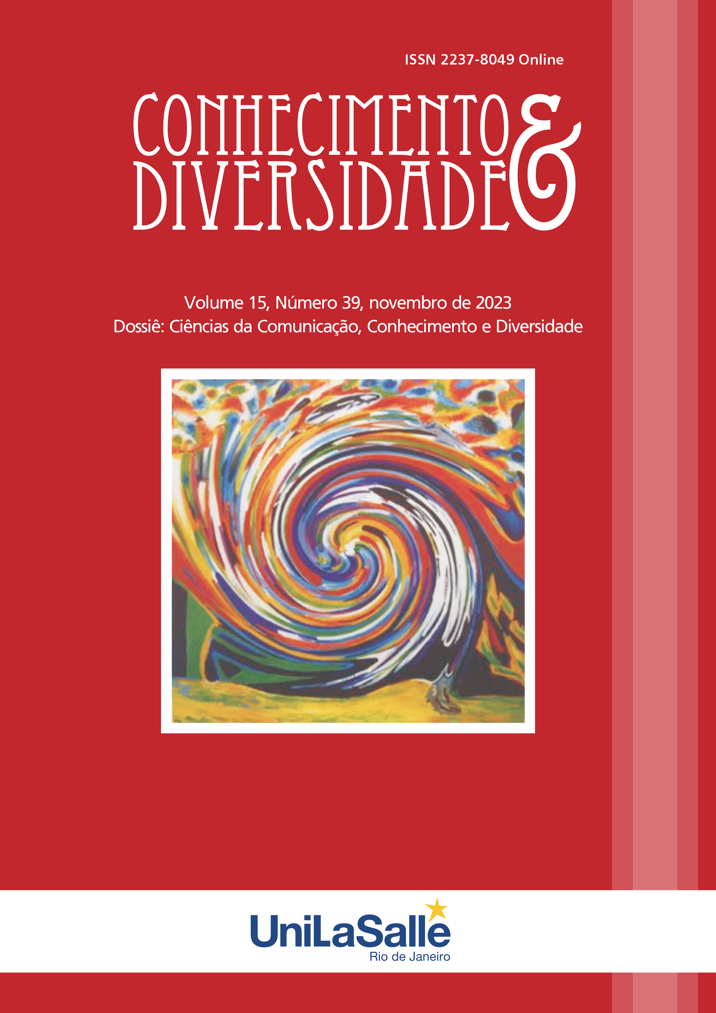RESOURCE REAPPROPRIATION APPROACH
ENHANCING STUDENT ENGAGEMENT AND LEARNING OUTCOMES THROUGH PERSONALIZED CONTENT
DOI:
https://doi.org/10.18316/rcd.v15i39.11132Palabras clave:
Resource reappropriation approach, Personalized content, Technology integration.Resumen
The resource reappropriation approach, as examined in this study, has shown positive effects on student engagement and learning outcomes. By reusing existing resources and tailoring them to meet individual student preferences and interests, educators can create more engaging and relevant learning experiences. The traditional "one size fits all" approach often struggles to adapt to the diverse needs and interests of students, resulting in limited achievement and a lack of engagement. The resource reappropriation approach addresses this issue by providing a personalized learning experience for each student. The study employed a mixed-methods research design, combining a literature review with surveys and questionnaires administered to both educators and students. The literature review helped gather existing knowledge and theoretical frameworks related to personalized learning and content reappropriation, providing a foundation for the study. Surveys and questionnaires were then used to collect educators and students’ perspectives and experiences with the resource reappropriation approach. The findings of the study indicated that the resource reappropriation approach had a positive impact on student engagement and learning outcomes. By tailoring learning materials to students’ preferences and interests, educators were able to create more meaningful and relevant content, resulting in increased student engagement. Additionally, the personalized nature of the approach contributed to improved learning outcomes, as students were more motivated to actively participate in their education. The resource reappropriation approach offers a promising method for improving student engagement and learning outcomes. By acknowledging and catering to students' individual needs and interests, educators can create a more personalized and effective learning environment.
Citas
Anido-Rifón, L. E., Fernández-Iglesias, M. J., Caeiro-Rodríguez, M., Santos-Gago, J. M., Llamas-Nistal, M., Álvarez Sabucedo, L., & Míguez Pérez, R. (2014). Standardization in computer-based education. Computer Standards & Interfaces, 36(3), 604–625.
Bond, S. T., Ingram, C., & Ryan, S. (2008). Reuse, repurposing and learning design – Lessons from the DART project. Computers & Education, 50(2), 601–612.
Comas-Quinn, A., Wild, J., & Carter, J. (2013). Leveraging passion for open practice. In OER13: Creating a Virtuous Circle, 26-27 Mars 2013, Nottingham, UK.
Hatakka, M. (2009). Build it and they will come? – Inhibiting factors for reuse of open content in developing countries. Electronic Journal of Information Systems in Developing Countries, 37(5), 1–16.
Li, K. C., & Wong, B. T.-M. (2020). Features and trends of personalised learning: a review of journal publications from 2001 to 2018. Interactive Learning Environments, 29(2), 1–14.
Mncube, L. S., Tanner, M., & Chigona, W. (2021). The Contribution of Information and Communication Technology to Social Inclusion and Exclusion during the Appropriation of Open Educational Resources. International Journal of Higher Education, 10(6).
Pulker, H. (2020). Impact of reappropriation of open educational resources on distance and online language teaching. Distances et Médiations Des Savoirs, 31
Tlili, A., Nascimbeni, F., Burgos, D., Zhang, X., Huang, R., & Chang, T.-W. (2020). The evolution of sustainability models for Open Educational Resources: insights from the literature and experts. Interactive Learning Environments, 1–16.
Weller, M., de los Arcos, B., McAndrew, P., & Pitt, R. (2018). Identifying Categories of Open Educational Resource Users. International Journal of Open Educational Resources, 1(1).
Whalley, B., France, D., Park, J., Mauchline, A., & Welsh, K. (2021). Towards flexible personalized learning and the future educational system in the Fourth Industrial Revolution in the wake of covid-19. Higher Education Pedagogies, 6(1), 79–99.
Yousaf, Y., Shoaib, M., Hassan, M. A., & Habiba, U. (2021). An intelligent content provider based on students learning style to increase their engagement level and performance. Interactive Learning Environments, 1–14.
Descargas
Publicado
Número
Sección
Licencia
Derechos de autor 2023 Tagdimi Zakaria, Souhaib Aammou, Ikram Amzil

Esta obra está bajo una licencia internacional Creative Commons Atribución 4.0.
Tal como recomienda el Public Knowledge Project, RCD adopta para sus artículos una licencia CREATIVE COMMONS: Attribution CC BY 4.0
Esta licencia permite que otros distribuyan, remezclen, adapten y desarrollen su obra, incluso con fines comerciales, siempre que le atribuyan a usted el mérito de la creación original.
Esta es la licencia más adecuada que se ofrece.
Recomendado para la máxima difusión y utilización de los materiales bajo licencia.



